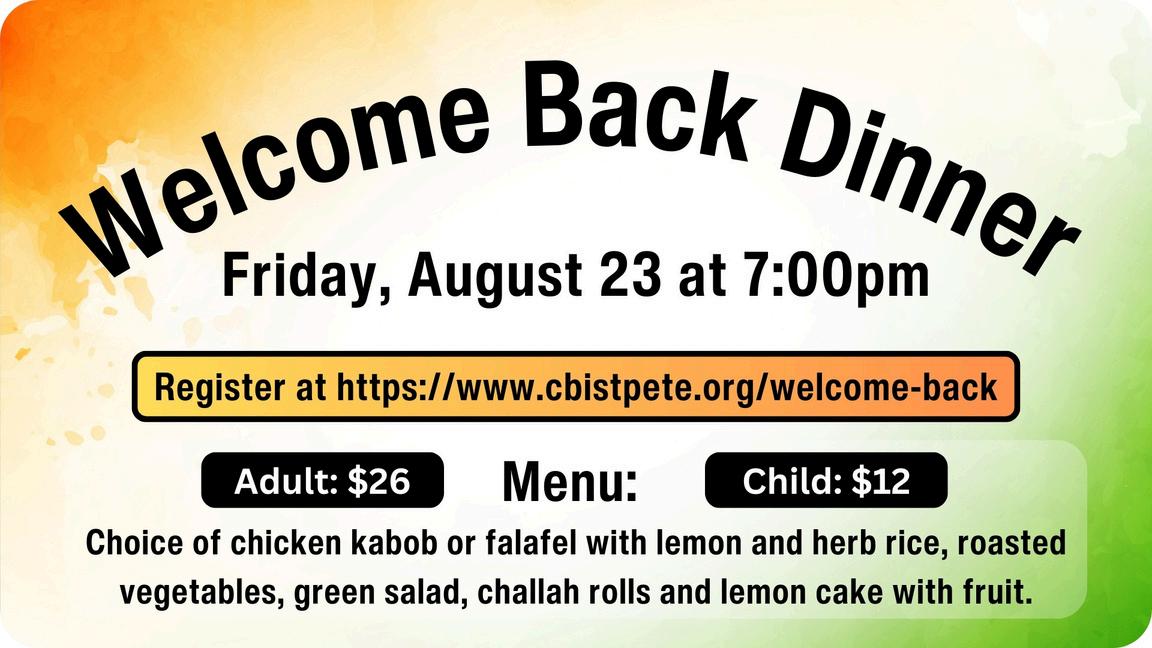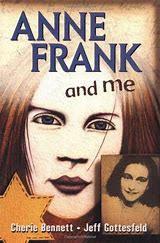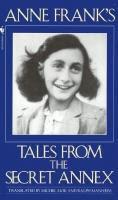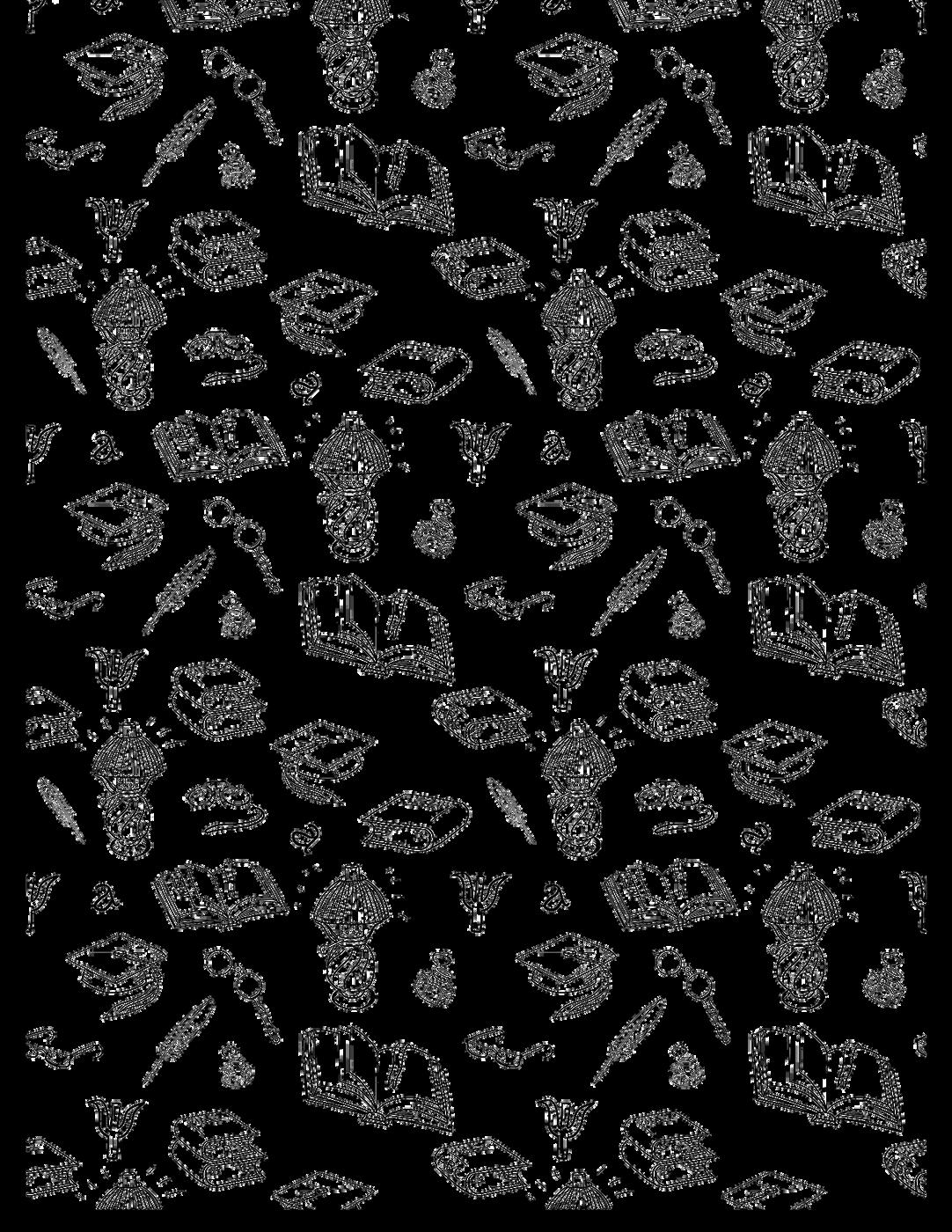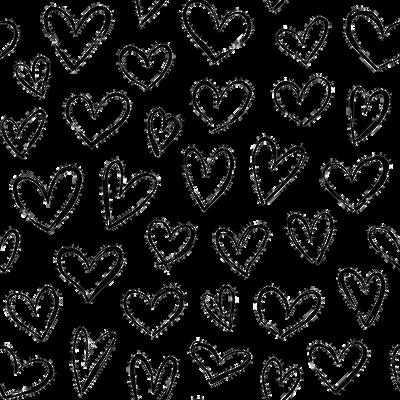Click Here for Full Screen



CHAI TIMES at CBI CHAI TIMES at CBI
August August

This August includes Tisha B'Av, (August 12-13). It is a time of great mourning, where we fast and remember so many tragedies in our history. There is a story told of Napoleon hearing Jews wailing and crying on Tisha B'Av. After being explained the significance, Napoleon inquired as to how many years have they been doing this and was over 2000 years. Upon hearing this Napoleon exclaimed, "A nation that cries and fasts for over 2,000 years for their land and Temple will surely be rewarded with their Temple."
As happens in much of the Jewish calendar, we go from one of the darkest days, to a day of joy and gladness. Just a few days later is Tu B'Av, the 15th of Av, and a day celebrating love and marriage. In Biblical times it was a day of making matches. In Israel today, it is the Jewish equivalent of Valentine's Day, with flowers and candy and dates.
In many ways, this is what it means to be a Jew. We mourn and then we dance. We remember and then we celebrate. We are firm in our identities, knowing that no matter what happens in the world, we will find our way.
Before Tisha B'Av, we have three haftorot of admonition, reminding us of our sins. Immediately afterward we have Shabbat Nachamu, celebrating the compassion of God. Until Rosh Hashanah, each of the seven weeks have a special haftorah of consolation. Each reminds us of our own potential. They remind us of the radical message that WE CAN CHANGE. In this world, so many imagine that who they are today is completely immutable. Our calendar and our faith teach us that no matter our age, we can always work to improve ourselves, to grow and to create new opportunities.
As we enter the month of Av, let us not only mourn, but look ahead with hope and joy, knowing that our best selves await us.
With blessings, RPW

It’s summertime – the season when children are out of school for three months, and when many people go away on vacation. We who live in the 21st Century therefore tend to think of summer as a time for enjoyment and relaxation. I find it interesting that the saddest day on the Jewish calendar –Tish’a b’Av – falls during this season that we tend to think of as happy.
Tish’a b’Av is a day of mourning. According to tradition, both the First and Second Temples were destroyed on Tish’a b’Av, and traditionally, the destruction of the Temples is the primary thing that we mourn on Tish’a b’Av. Over time, this day came to be a day when we mourn all Jewish suffering, including the Bar Kochba rebellion, the expulsion from Spain, and the Holocaust.
The liturgical highlight of Tish’a b’Av is the reading of Megillat Eicha, the Book of Lamentations. In Eicha, the prophet Jeremiah describes and laments the destruction of the Temple. When we read Eicha, we create an atmosphere of mourning by sitting on the floor and reading by candlelight or flashlight. Also, Eicha has a unique trope, which is a hauntingly beautiful melody. When we hear the music of Eicha trope, we hear both deep sorrow and beauty at the same time.
But our summertime period of mourning is not confined to Tish’a b’Av alone. We start three weeks earlier on the 17th of Tammuz, when we commemorate the breaching of the walls of Jerusalem by the Romans in 70 CE. Between the 17th of Tammuz and Tish’a b’Av, we observe a period of semi-mourning, when weddings and other simchas are not held. Also, on the three Shabbatot during this period, we read three special Haftarot of Admonition that warn us about the consequences of sin. After Tish’a b’Av, we then have seven weeks when we read Haftarot of Consolation. All together, that makes ten straight weeks when the Haftarot are related to the calendar, and not to the parshiyot.
B’shalom, Cantor Jonathan Schultz

This question recently caught my attention: “Do you believe the Torah has a divine origin? And if you don’t, why follow the laws of the Torah?” It was posted on a Facebook group called “Serious discourse about Conservative Judaism,” and there were a number of amazing and thought provoking responses as people reflected on how Torah impacts their Jewish practice. I think a lot about Jewish practice, and what I love most are the daily touchstones that remind me I’m a practicing Jew. Kashrut is probably the most fundamental reminder, especially if you love food! Sometimes eating kosher food is a habit, and sometimes it’s something I have to think about, but it’s always a reminder that the way I’m eating is very intentional behavior. It’s pervasive and a result of my relationship to Torah and Judaism, whatever that is at any point in my life.
And that’s what Torah is: B’resheet, the first part of the Torah, is the beginning of the story of our relationship to God and being Jewish when our story and relationships are framed through a Jewish lens. So what do I say to the four year old preschool student who says to me: “The rabbis are lying. God didn’t create the world in 6 days: what about the dinosaurs?” First you chuckle (inside) and then find a way to teach him that the Torah isn’t about science. It’s a beginning of the Jewish people relating to God, to each other and to Israel. Yes, true story.
I once had a parent who told me she didn’t think she knew enough to be a Conservative Jew. I reminded her that a huge amount of the commandments in the Torah were about how we treat each other and that she was probably modeling ethical behavior constantly to her kids. That’s universal, right? It’s also Jewish practice when framed by Torah.
This is a case for Conservative Jewish practice, a way of observing that has, at its foundation, a commitment to maintaining a relationship between Torah, tradition and the realities of contemporary life. Judaism is Judaism, but managing an intentional relationship with people, with God and with the land is what makes us Jewish, and I am looking forward to building and strengthening our relationships this year!




